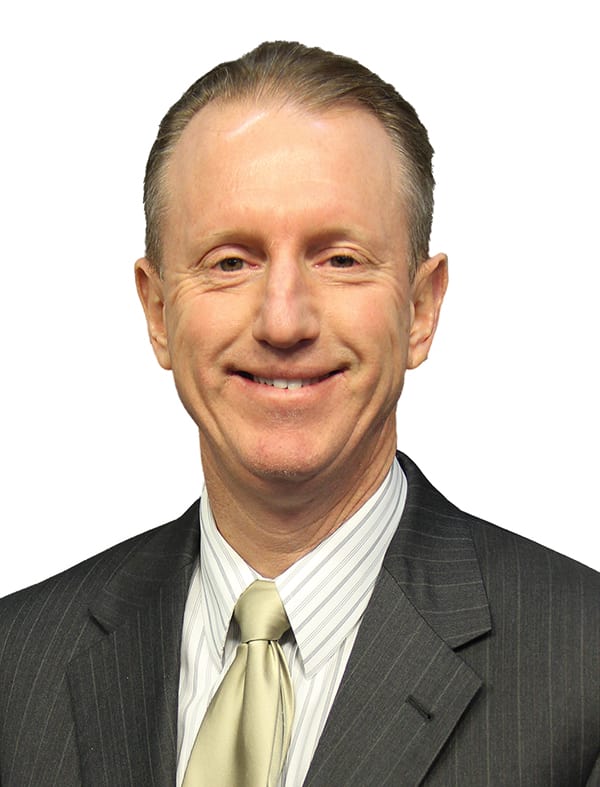
Related links: Year 1: 1990-91 | Year 2: 1991-92 | Year 3: 1992-93 | Year 4: 1993-94 | Year 5: 1994-95 | Year 6: 1995-96 | Year 7: 1996-97 | Year 8: 1997-98 | Year 9: 1998-99 | Year 10: 1999-00 | Year 11: 2000-01 | Year 12: 2001-02 | Year 13: 2002-03 | Year 14: 2003-04 | Year 15: 2004-05 | Year 16: 2005-06 | Year 17: 2006-07 | Year 18: 2007-08 | Year 19: 2008-09 | Year 20: 2009-10 | Year 21: 2010-11 | Year 22: 2011-12 | Year 23: 2012-13 | Year 24: 2013-14 | Year 25: 2014-15
Gold and Black Illustrated is celebrating 30 years of publishing. Over the next last few months and for the next four weeks, we will look at each publishing year, recalling the key moments.
Note: Captions describing each cover are not available on mobile platforms.
My top covers and memories of 2015-16
They are one in the same.
My two top memories of that year were actually results of consecutive Gold and Black Illustrated covers that appeared after the first of the year in 2016.
The Rick Mount cover occurred after Mount made his return to Mackey Arena on Jan. 2, 2016. From a Purdue perspective, the game was great until Mount's halftime appearance. At intermission, the Boilermakers had a huge lead on the Hawkeyes and only to get smothered by the Hawks' full-court press in the second half.
Seeing Mount and his family appear and be honored on the Mackey Arena court was memorable. Mount was gracious and fan-centric in his remarks.
Yet, from a Gold and Black Illustrated perspective, the big moment came 20 days later when we did a photo shoot with "The Rocket" at his hoops stomping grounds: The old Lebanon High School gym. All one needs to know about Lebanon's reverence to its greatest star is that the gym still stands and was still used by Mount to shoot jumpers with his grandson, Jordan. But the rest of the facility? It is a retirement apartments.
Mount and I had remained in contact for several years, buoyed by a twice-a-year lunch meeting at Stookey's in Thorntown, about 10 miles up the road from Lebanon. Our connector was Bob King, a long-time Boilermaker assistant and athletic administrator who recruited Mount to Purdue 50 years earlier ... the time when Mount became my boyhood hero. King had passed three years earlier in 2013, but I felt fortunate to have kept the relationship with Mount, and also fortunate to have played some role in his return to Mackey.
I had interviewed Mount many times over the years, but it was great to sit on the bleachers and have a long conversation with him. The setting was perfect for this type of story.
And photographer Tom Campbell was just as juiced as I was. Campbell is about five years older than me, so he was at a more mature age when Mount, Herman Gilliam and Billy Keller ruled the roost in Purdue's new arena in the late 60s.
I am not a collector of autographs and try to keep my hero worship to a minimum, especially when that reverence is to the people and team my colleagues and I spend so much time covering and being around. But when Campbell surprised me a few years later by giving me the photo of our interview (below) as a holiday gift and token of our 21-year working relationship at Gold and Black, I was reduced to tears. It was especially poignant with the personal message from Mount. The photo, at least for me, served as a representation of not only work and effort, but a life's dream.
Story continues below photos
Which brings me to my memories of what was maybe a more important cover. Yet, unfortunately, there was no time for a cover shoot.
Recognizing the life of Eugene Parker (see below) was important and probably wouldn't have happened had I not had a stern talking to from Parker's former teammate, Joe Barry Carroll.
I had called Carroll, the 1980 All-American center, to get some comments about his buddy who had succumbed to cancer long before his time.
"Alan, if you aren't going to celebrate the life of someone with the character of Eugene, what is your magazine all about?" Carroll said.
I didn't have a good answer for Carroll. It was the shaming I needed, and Carroll couldn't have been more right.
I had been fortunate to have known Parker since his college days when he launched his high-arching, left-handed bombs as a four-year starter from 1975-78. Parker had visited my boyhood home after games a couple of times, radiating the persona as one of those guys who was almost too good to be true.
It turned out to be true for Parker. For in his life, he had raised a family and had two of his boys walk-on at Purdue, one on the basketball team and the other on the football squad. But there were many other personal and professional accomplishments.
He was a dynamic sports agent, one of the best in all of pro sports, with clients like Rod Woodson and Deion Sanders. Yet, to the core, and through it all, it came down to this: Parker was also a thoughtful, kind and nice guy.
During these extremely troubled times of racial strife, I would love to know how Parker would have discussed the issues of today. I believe this: Parker's viewpoint would have been reasoned, thoughtful and concise.
It is times like these that the whole world misses guys like Eugene Parker.

Membership Info: Sign up for GoldandBlack.com now | Why join? | Questions?
Follow GoldandBlack.com: Twitter | Facebook | YouTube
More: Gold and Black Illustrated/Gold and Black Express | Subscribe to our podcast
Copyright, Boilers, Inc. 2020. All Rights Reserved. Reproducing or using editorial or graphical content, in whole or in part, without permission, is strictly prohibited.
